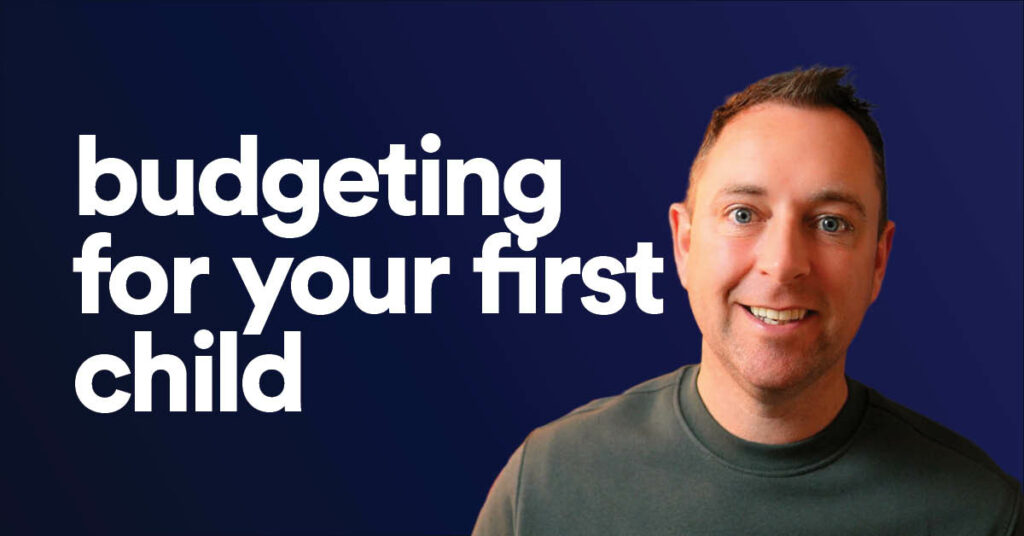How would someone best approach budgeting for a new child or their first child? Is there anything in terms of savings in advance before the arrival and in terms of smart savings advice for the future to keep in mind?
These are great questions and I’ll answer them separately. Firstly, congratulations! Your wallet will never be the same again… I’m joking. With your first child, it’s easy to get carried away, spending an ungodly sum on little Chantal or Rodriguez. Thinking back, we had a designer outfit for our daughter leaving the hospital and looking back at that photo now, our daughter was having none of it and well the photos are not ones we’ll be putting up in the house anytime soon.
Cost of raising a child in the UK
It’s easy to overspend on your children, not just a baby but at any age. According to The Times, the average cost of raising a child from birth to 18 in the UK is £202,660. There are of course people who will spend less than this and people who spend considerably more than this. But if we look at what this might cost per year, do you have around £11,260 just sitting there ready to be spent on the baby? Chance are many of us don’t.
There’s a sizeable cost about to hit your budget line, and you need to plan for it. If you haven’t already done so, then review your budget, increase your emergency fund with a bit more just in case and try to make as much headroom between your income and your expenses as possible. Keep track of the things you buy for your child and make sure you don’t put yourself into debt to buy anything, no matter how cute that item or outfit is. You’re not really buying them for the baby but for yourself.
There is no better time to start a Junior Stocks & Shares ISA
The second part of this question is class. There is no better time for anyone to start planning for their future than to start saving at birth. While you can be forgiven for not starting your own children’s isa as you were leaving the maternity ward, as a parent, this is the cheapest and in my opinion, best time to set your child up financially. Note here I’m talking about investing, not saving.
Only a parent or legal guardian can open a Junior Stocks and Shares ISA for a child they are legal guardians of, but anyone can pay in. This means if your parents or grandparents want to gift your child money, this can be put into their junior ISA.
Let’s say you want to put some money into your child’s ISA for their future. If you were able to contribute 5000 between your contribution and gifts in year one, and left this untouched until the child turned 60, the future investment value would be just under 600k assuming an average 8% return on your investments. And if you were able to invest up to the 9000 pounds limit, then your child could become a millionaire at age 60 with only 9000 invested in their first year. Even the smallest amounts add up too. If you can invest £100 a month for your child until they are 18, then they will have just under 50k in their ISA at that age. Certainly a great start in their adult life.
What would I do though?
In the first few years, the more you can put into your child’s investments the better. If I were having a child again, I’d certainly be looking to max out their initial junior ISA to the highest level we can afford in the first 3 years. But this would only be the case if I had all my own finances sorted first. If your plane was going down, you always fit your own oxygen mask first and this is the same. Make sure you have fulfilled your own saving and investing goals for the year and then help your child.
As your child grows older, there’s a heap of other considerations, but right now, focus on the previous notes and best of luck with parenthood. It’s completely worth it!
If you want to check out more content like this or the video version of Budgeting For Your First Child, head over to my Youtube Channel


